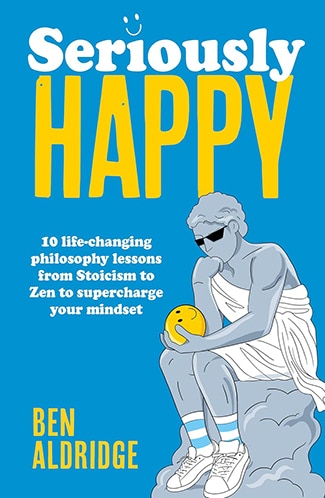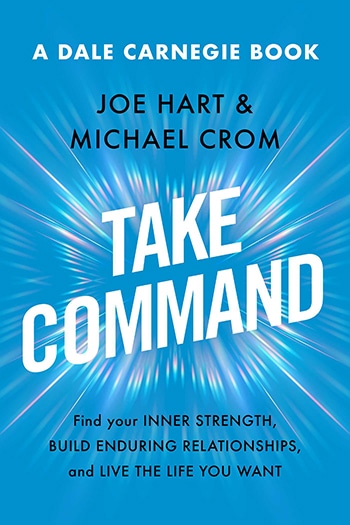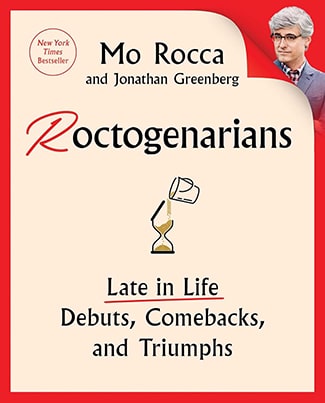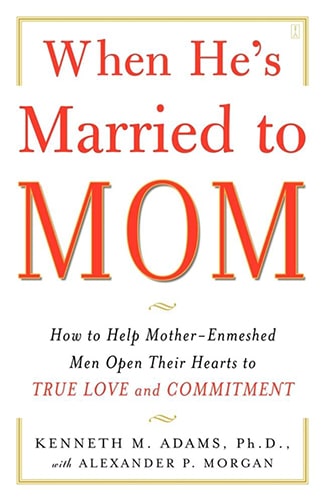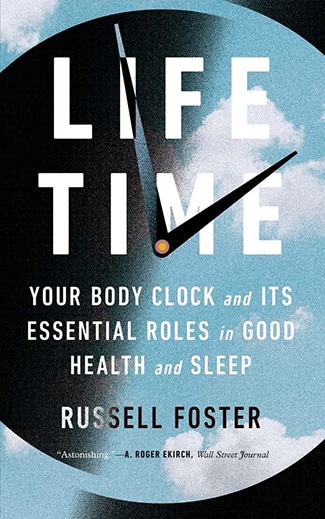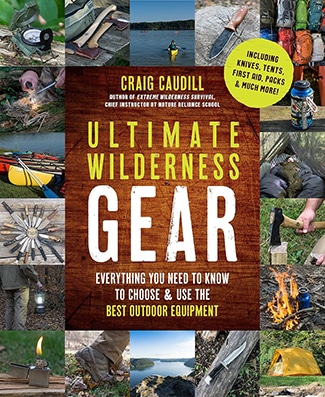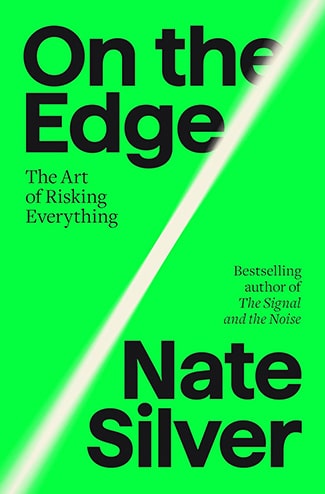Podcast Summary
Memory's role in our daily lives extends beyond just recalling past events: Memory helps us navigate our current situation, influences our decisions, and is linked to our ability to imagine and situate ourselves in time and space.
Memory plays a much larger role in our lives than just storing past events. It helps us navigate our current situation by providing us with essential information about our past. For instance, when we wake up in an unfamiliar place, memory helps us determine our location. Memory also influences our decisions, such as choosing a restaurant based on past experiences. Furthermore, memory is connected to other aspects of our lives, like our ability to imagine things and situate ourselves in time and space. The reasons why we remember some things and not others can shed light on how memory functions. Stay tuned to the conversation with neuroscientist and psychologist Charan Raganoth as we delve deeper into this topic.
Optimizing memory through biologically important, new, surprising, or emotionally charged events: Associating memories with unique and interesting elements enhances their distinctness and longevity.
Our brains are optimized to make the most of limited information and are most likely to remember events that are biologically important, new, surprising, or emotionally charged. These memories stand out due to the release of neuromodulators that promote plasticity. However, memories compete with each other, and the way to make a memory distinct and long-lasting is by associating it with something unique and interesting. The brain stores different types of memories, such as semantic memory (general knowledge) and episodic memory (specific events), and the hippocampus plays a crucial role in forming new episodic memories by tying together various brain regions processing different aspects of the memory.
The hippocampus and prefrontal cortex have distinct roles in memory: The hippocampus forms new memories, while the prefrontal cortex helps us use and apply existing ones in our daily lives
The hippocampus and prefrontal cortex play distinct roles in memory formation and function. The hippocampus is primarily involved in forming new episodic memories, which are memories of specific events and experiences. On the other hand, the prefrontal cortex acts as an "executive" in memory, enabling us to focus on and remember information that is relevant to our current goals and tasks. It does this by directing our attention to important information and suppressing distractions. In the early stages of Alzheimer's disease, the loss of the hippocampus can result in the inability to form new episodic memories, while damage to the prefrontal cortex can impair the ability to use existing knowledge to achieve goals. So, while the hippocampus stores memories, the prefrontal cortex helps us use and apply them in our daily lives.
The Prefrontal Cortex and Memory: Prioritize focusing on one task at a time and minimize distractions to optimize memory and cognitive function. Avoid multitasking, constant switching of tasks, and technology overload.
Our prefrontal cortex plays a crucial role in focusing our attention and forming memories, but constant multitasking, stress, and other factors can deplete its resources and make it harder for us to remember important information. For instance, we might intentionally or habitually switch tasks, like checking email instead of focusing on a task at hand, or be overwhelmed by the number of things we need to keep track of as we get older. Additionally, the use of technology, such as social media or smartphone cameras, can interfere with our memory by distracting us and blasting our brains with too much information. Therefore, it's essential to prioritize focusing our attention on one thing at a time and minimizing distractions to optimize our memory and cognitive function.
The paradox of picture-taking: enhancing or hindering memory?: Being mindful in picture-taking can enhance memory, while mindless documentation can hinder it. Use selective picture-taking and use pictures as cues to recall memories for better memory recall.
Relying too heavily on taking and collecting pictures to remember experiences can actually hinder our memory instead of enhancing it. The paradox of picture-taking is that people often become so focused on capturing the perfect shot that they fail to fully engage with the experience itself. This mindless documentation can lead to an overabundance of pictures and a poor memory for the associated events. However, taking pictures can also be a useful tool for improving memory if done mindfully. By being selective in what we choose to photograph and using the pictures as cues to recall memories, we can enhance our episodic memory. The act of remembering a memory also makes it more memorable. As we age, we have a harder time with episodic memory due to various factors such as a busy lifestyle, stress, and prefrontal cortex shrinkage. But by being intentional about our picture-taking and using our prefrontal cortex to focus on the experience rather than just the picture, we can improve our memory abilities. In essence, the camera can be a tool for enhancing memory if we use it mindfully, or a distraction if we become too focused on taking the perfect shot. By being intentional about our picture-taking and using it to aid in memory recall, we can make our experiences more memorable.
The reminiscence bump makes memories from our teenage years and young adulthood more vivid: Understanding the reminiscence bump can help explain why we remember our past experiences more vividly during our teenage years and why we may forget mundane tasks as adults. Seeking out new experiences can help maintain strong memories in adulthood.
Our memories of our experiences, particularly during our teenage years and young adulthood, are more vivid and detailed because of the reminiscence bump. This phenomenon is due to the fact that during this time, we are forming our identities and making new discoveries, which our brains prioritize for memory storage. Additionally, novel experiences enhance memory formation. As adults, we tend to experience less novelty and therefore remember fewer details. Understanding how episodic memory works can help explain why we may forget why we went into the kitchen or other seemingly mundane tasks. Our memories are stored as a series of events, and moving from one event to another creates an event boundary, which can lead to memory loss as we focus on new tasks and information. To maintain strong memories in adulthood, it's important to seek out new and memorable experiences.
The benefits of reading from a physical book: Reading from a physical book enhances memory and understanding due to distinct event boundaries and spatial sense, while limiting distractions and promoting focus and imagination aids in memory retention.
The physical act of reading from a book, as opposed to a digital device, can enhance our memory and understanding of the material. The discussion highlighted how event boundaries, or the clear separation between tasks, play a role in memory retention. When we read from a book, we have a distinct event boundary for reading, making it easier to focus and remember what we've read. In contrast, using a digital device can lead to frequent task-switching and distractions, making it harder to remember the content. Additionally, the spatial sense of a physical book, with each page representing a distinct location, can aid in mentally time traveling back to previous parts of the story and linking ideas together. To improve memory, consider limiting distractions, taking care of your prefrontal cortex, and engaging in activities that promote focus and imagination.
Our memories are not exact recordings but imaginative constructions: Research shows that memories are not exact recordings of past events but rather imaginative constructions based on experiences and knowledge. Using imagination and memory together can lead to inaccuracies, so it's important to use prefrontal cortex to examine sensory details and context for accuracy.
Our memories are not exact recordings of past events but rather imaginative constructions based on our experiences and knowledge. This idea, first proposed by researcher Frederic Bartlett in 1930, suggests that we don't replay the past but instead imagine how it could have been. Neuroscience research supports this idea, showing that we use memory to supplement imagination. However, distinguishing between real memories and imagined ones can be challenging, as they are both mental experiences. To ensure accuracy, we must use our prefrontal cortex to examine the sensory details and context of our memories. Additionally, schemas, or mental frameworks, help us fill in the blanks of our memories, but they can also lead to incorrect information being added. Every time we recall a memory, it can be transformed, potentially introducing new errors.
The unreliability of our memories: Our memories can be influenced by stress, sleep deprivation, imagination, beliefs, emotions, and can lead to false memories or alterations.
Our memories are not always reliable or accurate. They can be influenced by various factors, including stress, sleep deprivation, imagination, and even our current beliefs and emotions. The discussion highlighted the phenomenon of false memories, which can develop when people are subjected to repeated questioning, especially in high-pressure situations like interrogations. Research has shown that this can lead people to remember things that never actually happened. Additionally, our memories can be altered to fit how we see ourselves today or to align with our current beliefs. This squigginess of memory can make it difficult to trust the accuracy of our recollections.
Our biases shape our memories: Being aware of biases, allowing time to think critically, surrounding ourselves with diverse perspectives, and embracing discomfort can help improve memory and accuracy.
Our perspective shapes our memories and understanding of the world around us. This means that people can have vastly different recollections of the same event based on their political beliefs, emotions, and biases. To mitigate this and improve our memory, it's essential to be aware of our biases and allow ourselves time to think critically. Surrounding ourselves with diverse perspectives and challenging our viewpoints can also help us remember things more accurately. Moreover, embracing discomfort and pushing ourselves to learn new things, even if they're strange or uncomfortable, can lead to increased creativity and better memory. To learn more about these ideas and memory research, check out Charan Raghunath's book "Why We Remember," visit his website, or follow him on Instagram @thememorydock.

